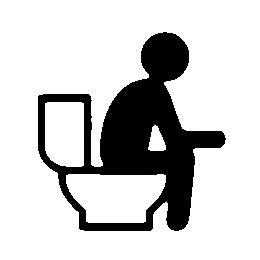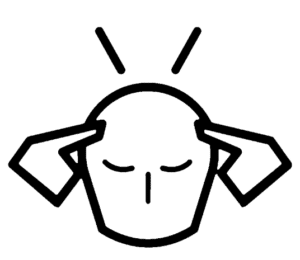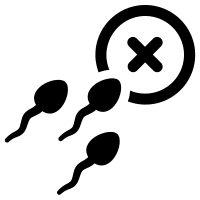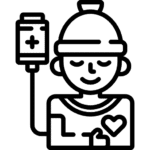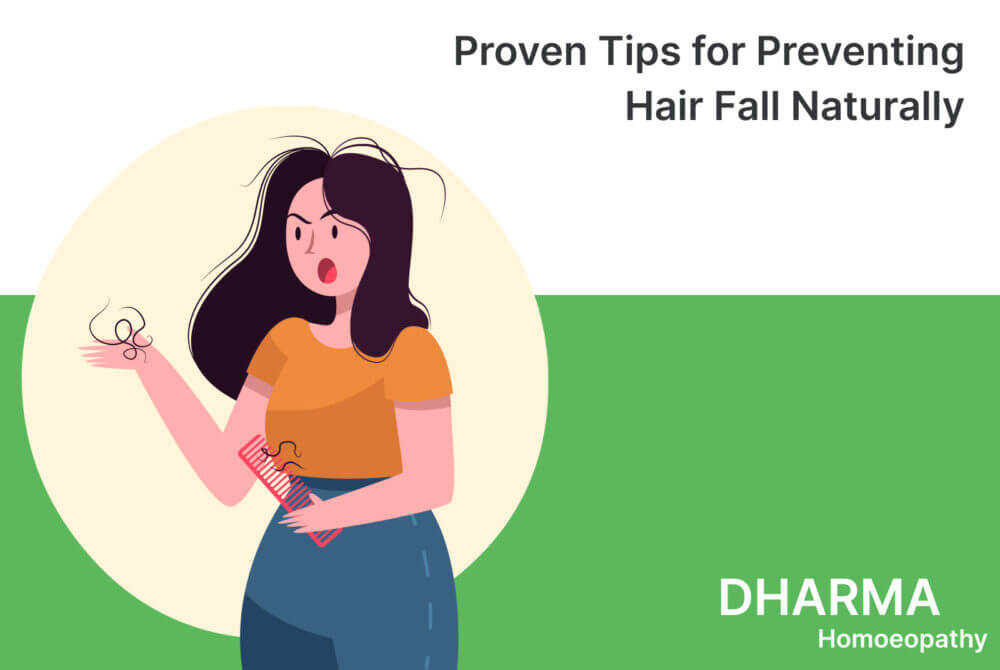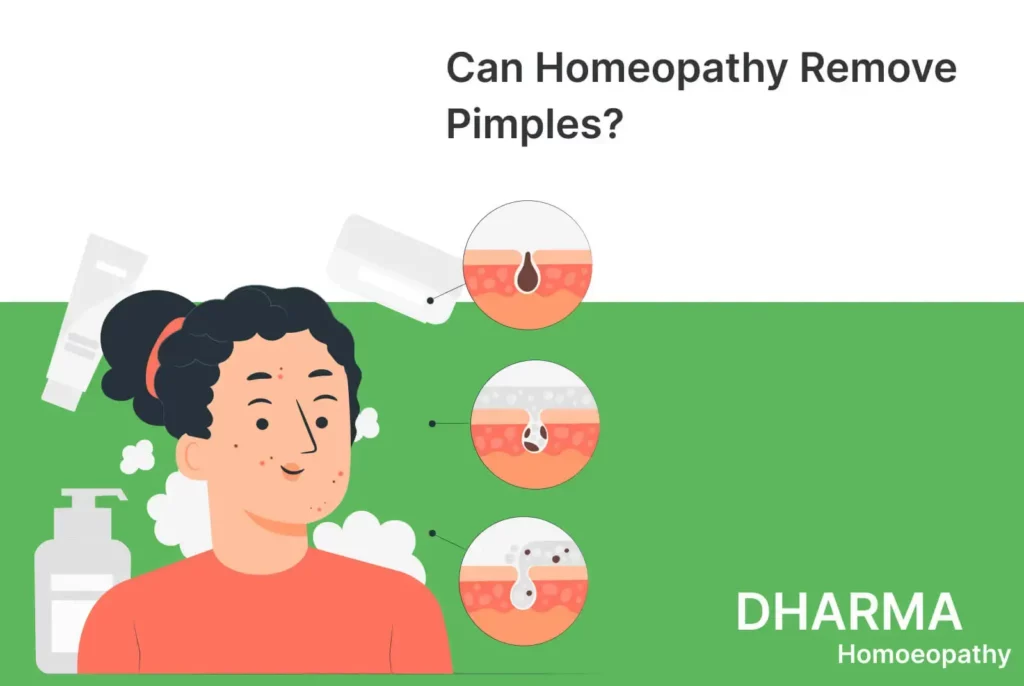According to United Care Clinic, by the age of 30, 25% of men and 12% of women experience hair loss. This number rises to 50% for men and 25% for women by the age of 50. Hair loss is a common concern, impacting self-esteem and confidence. In this blog post, we will discuss and understand the basics of hair loss, its causes and symptoms, and most importantly, proven tips for preventing hair fall naturally.
What Is Hair Loss?
Hair grows across our skin, except in certain areas like palms, soles, eyelids, and belly buttons. Composed of keratin, a protein produced in hair follicles, hair is essentially a string of dead cells. The human head houses 100,000 to 150,000 hairs on average, with a daily loss of up to 100 strands. Hair loss is a natural part of the growth cycle, but when this balance is disturbed, it results in noticeable hair fall.
Causes of Hair Fall
Hair fall is a multifaceted issue influenced by various internal and external factors. Understanding the intricate web of causes and being aware of the symptoms is crucial for effective prevention and management.
-
Nutritional Deficiencies
Essential minerals like iron, copper, zinc, and proteins play a pivotal role in maintaining healthy hair. Deficiencies in these nutrients can lead to weakened hair follicles and subsequent hair fall.
-
Hormonal Changes
Hormonal imbalances, particularly in women over 30, can contribute to hair loss. Excessive conversion of dihydrotestosterone (DHT), a hormone related to hair loss, is often implicated in hormonal hair fall.
-
Hairstyling
Certain hairstyles that exert tension on the hair roots, such as tight ponytails, braids, or cornrows, can cause damage to the hair follicles, leading to hair loss. Chemical treatments like coloring and straightening can also contribute to this damage.
-
Medications
Certain medications, including chemotherapy drugs, radiation therapy, and other medications, may cause unexpected and sometimes permanent hair loss as a side effect.
-
Thyroid Problems
Disorders of the thyroid gland can disrupt the normal hair growth cycle. Both an overactive and underactive thyroid can lead to changes in hair growth and contribute to hair fall.
-
Genetics
Androgenetic alopecia, commonly known as female-pattern baldness, is influenced by genetic factors. Individuals with a family history of pattern hair loss are more susceptible to it.
-
Alopecia Areata
This is an autoimmune disorder where the immune system mistakenly attacks healthy hair follicles, resulting in hair loss in specific areas.
-
Malnutrition
Poor diet, eating disorders, and digestive issues can cause hair loss due to deficiencies in vital nutrients such as vitamins A, E, C, D, iron, biotin, and more.
-
Autoimmune Diseases:
Conditions like lupus, an autoimmune disease, can lead to hair loss as the immune system attacks tissues and organs, including hair follicles.
-
Medication and Treatments:
Various medications, including antibiotics, anticoagulants, antidepressants, and chemotherapy drugs, can contribute to hair loss as a side effect.
Signs and Symptoms of Hair Fall
-
Gradual Thinning From the Hairline
The most common symptom is where the hair partition gradually widens, and the hair thins, particularly noticeable along the hairline.
-
Patchy Bald Spots
Sections of the scalp become entirely visible due to absent or thinner hair growth, resulting in noticeable patches of baldness.
-
Hair Thinning
Rapid and noticeable loss of a significant amount of hair, especially during activities like combing, waking up, or washing the hair.
-
Excess Hair Shedding:
Increased hair on hairbrushes, floors, pillows, and in the sink. The scalp may become visible through the hair, and ponytails may appear thinner.
Recognizing these signs and understanding the underlying causes are fundamental steps in addressing hair fall effectively. Early intervention and adopting preventive measures can significantly impact the course of hair health.
Proven Tips to Stop Hair Fall Naturally
Preventing hair fall naturally involves a holistic approach that encompasses various strategies beyond diet and nutrition. Here are some additional and equally effective tips to bolster your hair health:
1. Homeopathic Remedies
Consider homeopathic treatments, such as Dharma Homoeopathy, which are believed to help promote hair growth and combat hair fall. Consult with a qualified homeopath to determine the most suitable remedies for your specific condition.
2. Scalp Massages
Regularly massaging your scalp with essential oils like coconut, almond, or jojoba oil can enhance blood circulation to the hair follicles. This not only strengthens hair but also reduces stress, a known contributor to hair loss.
3. Aloe Vera Gel
Aloe vera has soothing and healing properties. Fresh aloe vera gel applied to the scalp can aid in maintaining a healthy scalp environment and lessen hair loss brought on by inflammation or illness.
4. Onion Juice
Sulfur, which is included in onion juice and is believed to increase collagen formation and encourage hair growth, is also present. Apply freshly extracted onion juice to your scalp and let it sit for 30 minutes before rinsing it off completely.
5. Green Tea
Antioxidant-rich green tea has been associated with increased hair growth. Apply green tea on your scalp when it has cooled. Before rinsing, let it sit for an hour.
6. Stress Management
Chronic stress can make hair loss worse. To have a balanced mind and encourage healthy hair, practice stress-reduction methods like yoga, meditation, or deep breathing.
7. Vitamin A
An essential fat-soluble vitamin, Vitamin A, accelerates hair growth and aids in sebum production, promoting a healthy scalp. Foods like sweet potatoes, sweet peppers, and spinach are rich sources of Vitamin A.
8. Multivitamins
Vitamins A, B, C, D, iron, selenium, and zinc are crucial for hair growth and maintenance. A balanced diet should provide these micronutrients, but if deficiencies persist, seeking expert advice is advisable.
9. Biotin
Also known as Vitamin B7, Biotin is essential for fatty acid production and, consequently, hair growth. Starting a biotin supplement program may show improvement in hair health within three to four months.
10. Balanced Lifestyle
Maintain a healthy lifestyle by getting regular exercise, staying hydrated, and getting enough sleep. These factors contribute to overall well-being, which in turn supports healthy hair growth.
11. Hair-Friendly Diet
In addition to the mentioned vitamins and nutrients, include foods rich in omega-3 fatty acids (like salmon and walnuts), biotin (found in eggs and nuts), and antioxidants (berries and citrus fruits) in your diet to further support your hair’s health.
12. Regular Trims
Trimming your hair regularly helps remove split ends and prevents further damage. While it won’t directly prevent hair fall, it contributes to healthier-looking hair.
Conclusion
Understanding the basics of hair loss, recognizing its causes and symptoms, and adopting proven natural tips are essential in preventing and addressing hair fall. By making simple lifestyle and dietary changes, individuals can promote healthy hair growth and minimize the impact of hair loss on their lives. Embracing a holistic approach to hair care not only enhances physical appearance but also fosters a sense of well-being.


